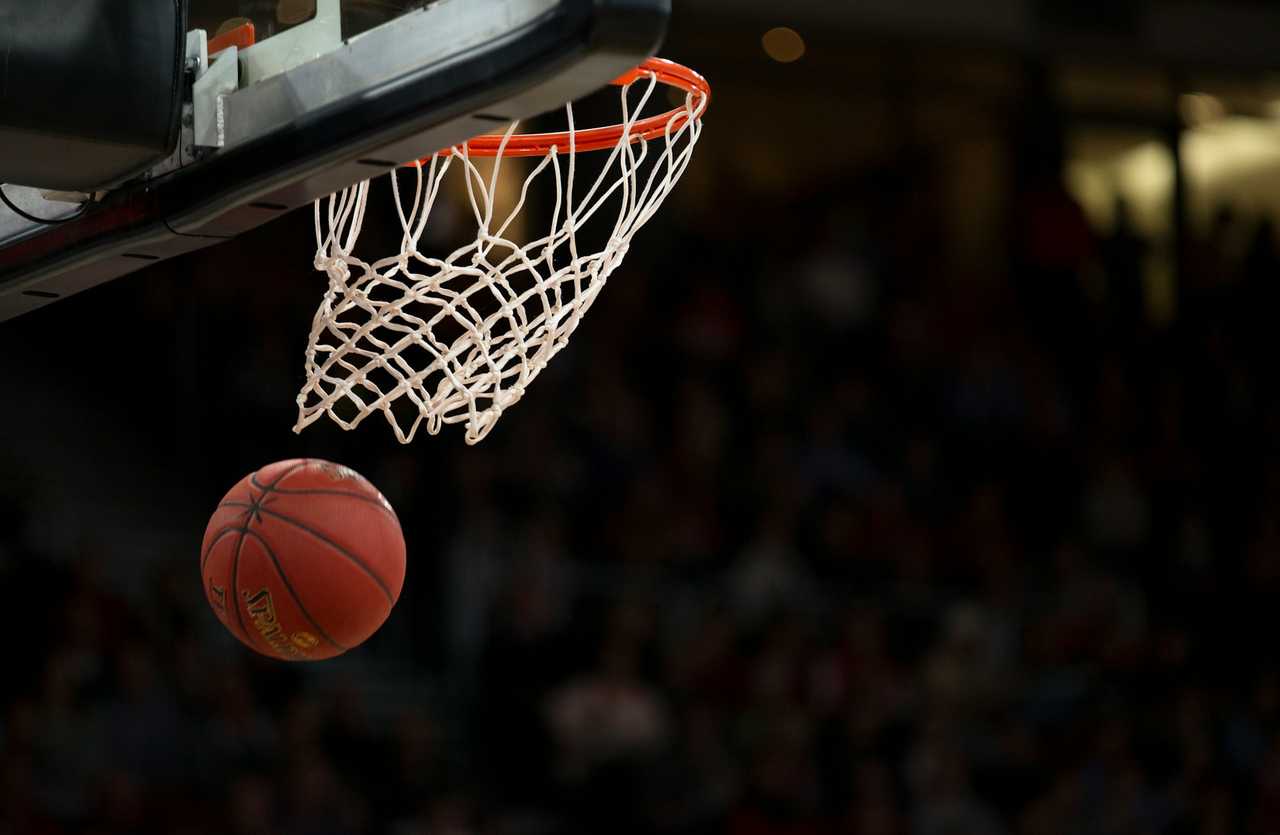
By Chris Spiker From Daily Voice
Six men's college basketball players have been permanently banned after NCAA investigators uncovered several game-fixing schemes as gambling scandals shake the basketball world.
The NCAA announced the bans for the players from Arizona State University, Mississippi Valley State University, and the University of New Orleans on Friday, Nov. 7.
The organization detailed the accusations against Cedquavious "Dae Dae" Hunter, Dyquavian "Jah" Short, Jamond "Turk" Vincent, Donovan Sanders, Alvin Stredic, and Chatton "BJ" Freeman.
The players were implicated in three unrelated cases during the 2024-25 season.
The NCAA said each athlete manipulated games or shared inside information with known bettors, violating the college athletics governing body's ethical conduct rules.
NCAA enforcement staff began investigating the New Orleans Privateers in February 2025 after receiving a tip about possible game manipulation.
Text messages recovered from the phones of Hunter, Short, and Vincent showed conversations about intentionally losing games to benefit outside bettors.
In one message, Vincent told the gamblers to bet on a December 2024 game against eventual NCAA tournament team McNeese State University because he and his teammates planned to "throw the game."
Other texts between Hunter and Short showed the two talking about receiving $5,000 after having a FaceTime call with a bettor to "lay it down" for a game.
Investigators said the three New Orleans players lost or tried to lose by more points than the spread in seven games in December 2024 and January 2025.
"Vincent acknowledged the conversations about throwing the game but denied following through with the plan, and Short and Hunter denied knowledge of and involvement in the plan," the NCAA said.
At Mississippi Valley State, a student-athlete reported overhearing Sanders talking on the phone about "throwing the game" against the University of Tulsa on Saturday, Dec. 21, 2024.
Sanders later texted the teammate to delete their messages, along with admitting that he and Stredic were offered money to perform poorly in the first half of a January 2025 game against Alabama A&M University.
At Arizona State, investigators discovered that Freeman shared information about his own games with his former girlfriend, along with Mykell Robinson, a Fresno State University player who was among three Bulldogs permanently banned in September. Robinson and Freeman's ex-girlfriend used the info to place daily fantasy sports bets.
Freeman denied the accusations and having his own fantasy sports account. Investigators found an account under his name and email address, into which he made deposits while played for the University of Wisconsin-Milwaukee.
All six players also gave false or misleading information during the investigations, according to the NCAA. Each is permanently ineligible to compete in NCAA sports unless reinstated by a member school.
The bans come as federal and NCAA probes continue into possible illicit gambling activity. Several schools, including the University of Dayton and Western Michigan University, have sidelined some players under NCAA investigation.
The college scandals mirror high-profile cases in the NBA. In October, two investigations into NBA prop-bet fixing and rigged poker games netted 34 arrests, including Portland Trail Blazers head coach Chauncey Billups, Miami Heat guard Terry Rozier III, and retired player Damon Jones.
The scandals come as scrutiny grows over the relationships between sportsbooks, leagues, and media companies. ESPN announced on Thursday, Nov. 6, that it was ending its ESPN Bet sportsbook and entering a new partnership with DraftKings.
Under 2023 reinstatement guidelines, athletes found to have bet on their own games or shared inside information can permanently lose their NCAA eligibility.

 Daily Voice
Daily Voice
 ABC30 Fresno Sports
ABC30 Fresno Sports KXLH
KXLH The Advocate
The Advocate AlterNet
AlterNet NBC News
NBC News Associated Press Top News
Associated Press Top News CNN Politics
CNN Politics Grunge
Grunge